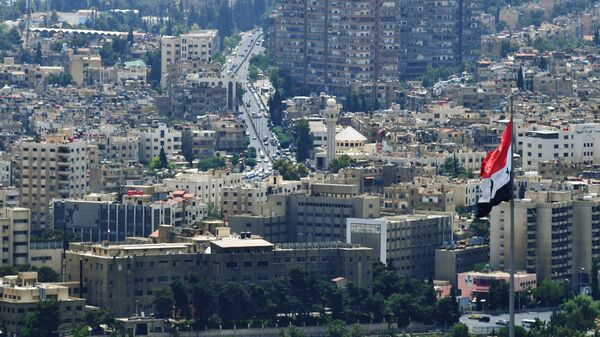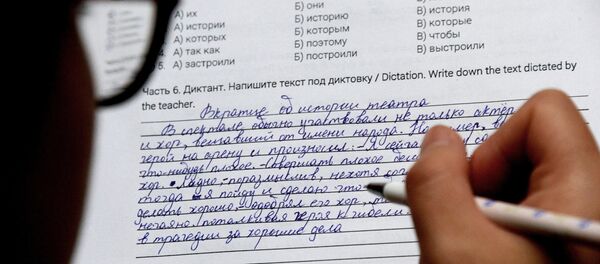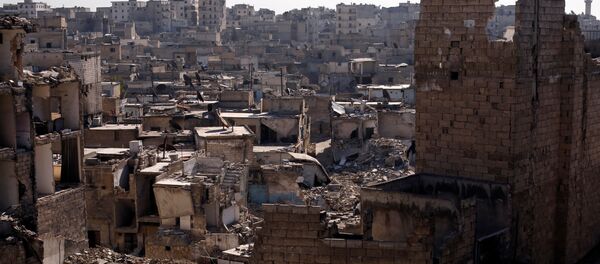Sputnik: Syrian Minister of Culture Mohamed al-Ahmad told reporters and visitors that the opening of the museum is “a political, cultural and economic victory” for Syrians. Could you please explain why it would be so?
John Steppling: Here we have Syria that is a country whose borders were created by colonial forces, and yet the Syrian identity can be traced back to antiquity. And here you have this hugely important, significant museum that has an extraordinary amount of antiquities dating back a very long while – so it represents something of a Syrian identity, and in one way it is a kind of victory against the forces of imperialism that we have seen ravish that part of the world. For the United States, NATO and the people that have been trying to remove Assad and waging in an extraordinary propaganda war against Assad and Syria, it’s almost an insult. This is a sign of recovery, and that’s where the symbolism comes in; it’s a sign that we have returned to normalcy in a sense, that we have returned to a state of health.
John Steppling: For the US, who still occupies a third of the country, of course, it’s an affront, in a sense, because the propaganda war is one that would like to demonise Assad, they like to depict all Arab countries as backward and primitive and disorganised and non-functional. And this is a sign that this is not the case at all. This is one of the world’s great museums, in fact, and Damascus is the oldest city in the world. There is no denying its significance, and this museum is a sign of that, it’s a sign of the forces of propaganda being unable to deny what is happening, and that is a complete recovery, in a sense.
John Steppling: The voice of a society, its identity, its language, its heritage, its memory.. its cultural memory is housed in places like this museum. So it’s a great kind of gesture of resistance, because – as I said – occupational colonial imperialist forces.. one of the first things they always do is to destroy the heritage and erase the memory of a people. And, again, we see that with Israel and Palestine. And Syria has denied the forces of barbarism from doing that. So it’s a significant victory.
The views expressed in this article are those of the speaker, and do not necessarily reflect those of Sputnik.





